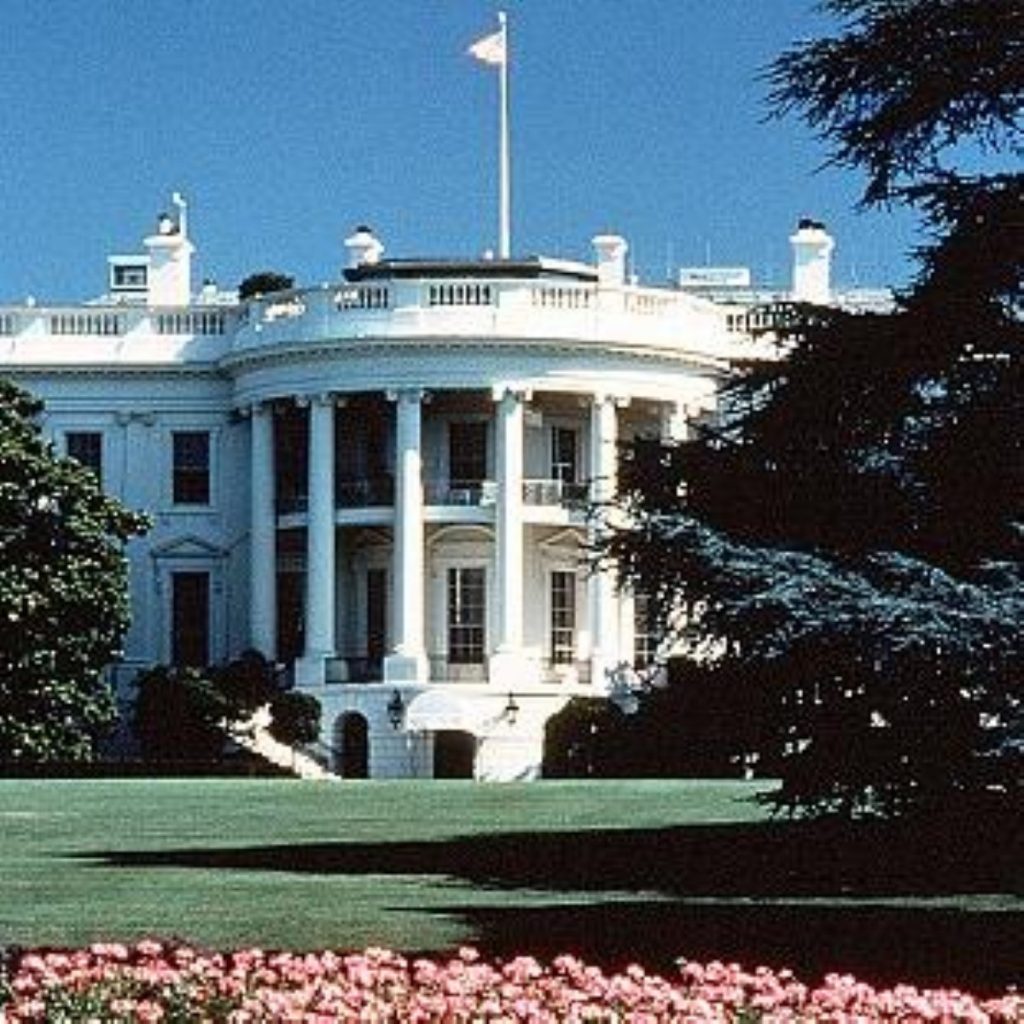White House ‘disappointed’ at Binyam Mohamed ruling
By politics.co.uk staff
The White House says it is it feels “deep disappointment” at the UK court decision yesterday which saw confidential information from the US published.
The judgement by the court of appeal on Wednesday resulted in the publication of seven paragraphs relating to British resident Binyam Mohamed, and revealed he suffered cruel and inhumane treatment while held by the US in Pakistan.
Ben LaBolt, spokesman for President Barack Obama, said: “We’re deeply disappointed with the court’s judgement because we shared this information in confidence and with certain expectations.


“As we warned, the court’s judgement will complicate the confidentiality of our intelligence-sharing relationship with the UK, and it will have to factor into our decision-making going forward.”
Denis Blair, the US director of national intelligence, said: “The decision by a United Kingdom court to release classified information provided by the United States is not helpful, and we deeply regret it.
“The United States and the United Kingdom have a long history of close co-operation that relies on mutual respect for the handling of classified information.”
Speaking on the Today programme today, former shadow home secretary David Davis branded the comments a “charade” and said there would not be “a change of one comma in the information exchange relationship”.
Foreign secretary David Miliband launched a protracted legal fight to prevent the information being disclosed on the basis that it would affect UK-US intelligence sharing.
Media reports indicate that US secretary of state Hilary Clinton understands the situation after a conversation with Mr Miliband.
The publication of the paragraphs yesterday indicated how much Britain knew about Mr Mohamed’s treatment when British officials went to visit. Human rights groups are demanding a public inquiry.
There were further developments to the story late last night when the Guardian newspaper, whose lawyers have been heavily involved in the case, confirmed the master of the rolls had censored his own damning judgement on the secret services.
The government’s QC, Jonathan Sumption, wrote to Lord Neuberger after seeing his draft judgement and asked him to reconsider its severity.
The draft judgement is unavailable, but the letter was published after an intervention from Mr Mohamed’s lawyers and those of various media organisations.
The letter reveals that Mr Sumption believed the public would take Lord Neuberger’s judgement as evidence that MI5 does not respect human rights, would not renounce participation in “coercive interrogation techniques” and has misled parliamentarians on the intelligence and security committee.
The judgement would have been “exceptionally damaging criticism of the good faith of the security service as a whole”, the letter went on.
A Foreign Office spokesperson said: “Any decision to amend the draft is a matter for the court – and only for them.
“The judges took note of our comments and revised their judgement. Any suggestion that we sought in some improper way to change their judgement is completely wrong, and a slur on the independence of the judiciary and its vital constitutional role.”












